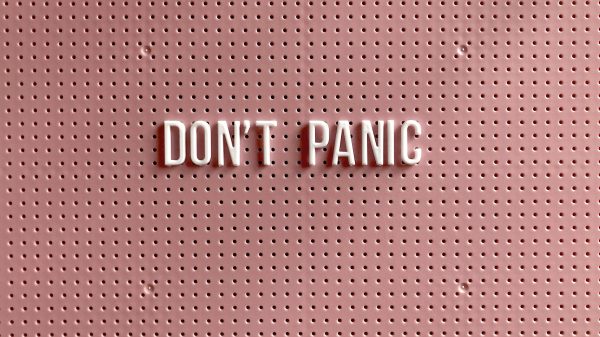Rejection is an inevitable part of life, a shadow that accompanies every bold step we take towards our dreams. Whether it’s a missed job opportunity, an unreciprocated affection, or a declined proposal, rejection has a way of stinging the soul and shaking our confidence. Yet, within its sting lies a powerful opportunity for growth and self-discovery. Learning from rejection without becoming ensnared by it is an art, a delicate dance between introspection and resilience. In this article, we will explore the strategies that transform rejection from a paralyzing fear into a stepping stone for personal and professional development. By understanding how to glean insights from these experiences without dwelling on them, we can navigate the path of rejection with grace and emerge stronger on the other side.
Embrace the Lessons Hidden in the No
Every rejection carries a lesson waiting to be uncovered. To extract these valuable insights, start by shifting your perspective. Instead of focusing on the disappointment, ask yourself: What can this teach me? This mindset not only opens the door to growth but also helps you move forward without getting stuck in negativity. Consider the following strategies:
- Reflect: Take a moment to analyze the situation. Was there something you could improve or approach differently next time?
- Seek Feedback: When possible, ask for constructive criticism. Understanding the reasons behind the rejection can illuminate areas for development.
- Reframe the Narrative: View rejection as a redirection rather than a failure. It’s a chance to explore new paths and opportunities that might be more aligned with your goals.
By embracing these lessons, you empower yourself to transform rejection into a powerful tool for personal and professional growth. Remember, it’s not about avoiding the “no,” but about discovering the wisdom it holds.

Transforming Setbacks into Stepping Stones
Rejection is an inevitable part of life, but it doesn’t have to be the end of the road. Instead, it can serve as a powerful catalyst for growth and improvement. Acknowledging your emotions is the first step; it’s natural to feel disappointed, but it’s crucial not to let those feelings linger. Shift your perspective by asking yourself, “What can I learn from this experience?” This approach can transform a negative outcome into an opportunity for self-improvement.
- Reflect on Feedback: Analyze any feedback you received, even if it was not directly communicated. What can you infer about areas that need enhancement?
- Identify Patterns: Look for patterns in rejections. Are there common elements that you can address to improve your chances in the future?
- Focus on Strengths: While it’s important to acknowledge areas for growth, don’t forget to recognize and build upon your strengths.
By embracing these strategies, you not only build resilience but also cultivate a mindset that sees setbacks as essential stepping stones on the path to success. Rejection doesn’t define your journey; your response to it does.

Cultivating Resilience Through Reflection
In moments of rejection, it’s easy to become ensnared by self-doubt and frustration. However, by embracing a reflective mindset, you can transform these setbacks into stepping stones for personal growth. Start by asking yourself questions that promote self-awareness: What did I learn from this experience? and How can I improve moving forward? Such inquiries allow you to identify areas for development without succumbing to negativity.
- Acknowledge your feelings: Accept the emotions that come with rejection, whether it’s disappointment or frustration. Recognizing these feelings is the first step toward healing.
- Analyze the feedback: If feedback accompanies the rejection, consider it a gift. Use it constructively to refine your skills or approach.
- Reframe the narrative: Instead of viewing rejection as a personal failure, see it as a redirection toward more suitable opportunities.
By cultivating resilience through thoughtful reflection, you create a solid foundation for future endeavors. This practice not only helps you to grow but also equips you with the emotional tools needed to face future challenges with grace and confidence.

Crafting a Growth-Oriented Mindset
Rejection is often seen as a roadblock, but with a growth-oriented mindset, it can be transformed into a stepping stone. To embrace this mindset, start by viewing rejection as feedback rather than a personal failure. This shift in perspective allows you to extract valuable insights from the experience, which can be used to fuel your personal and professional growth. Ask yourself questions like:
- What can I learn from this experience?
- How can I improve or adapt my approach?
- What opportunities does this rejection open up for me?
By focusing on the lessons rather than the loss, you cultivate resilience and a proactive approach to challenges. Remember, every rejection is a chance to refine your skills, broaden your perspective, and ultimately, propel yourself closer to your goals. Cultivating this mindset isn’t about ignoring rejection; it’s about reframing it to unlock new potential within yourself.








